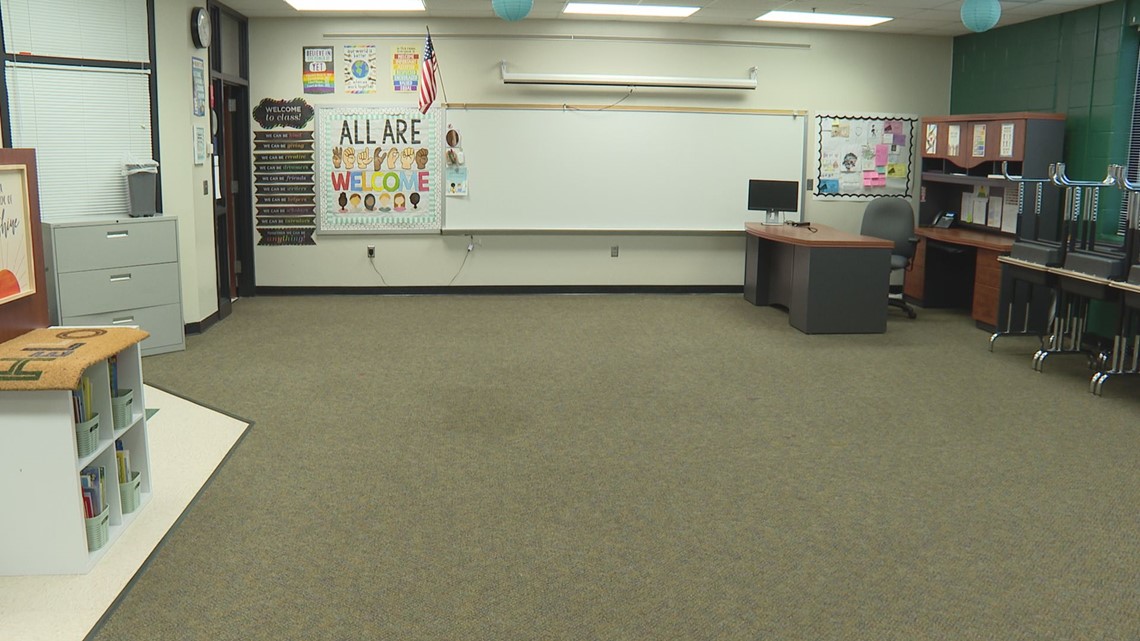INDIANAPOLIS — In just a few weeks, students in Indiana will start heading back to class. For the new school year, some school districts in central Indiana will have new mental health resources for kids.
"We need to do as much as we possibly can," said Dr. Barbara Pierce, professor at the Indiana University School of Social Work.
One in five Hoosier kids has a mental health issue. But access to help, Pierce said, is limited.
"Here in Indiana, we have a beautiful community health network of clinics across the state, but we don't have enough psychiatrists, psychologists, social workers to staff it, so we have people waiting for long periods of time to get mental health care," Pierce said.
To ensure kids going through a crisis or challenge get help right away, Pierce said it's key to get trained professionals in schools.
"It's really important to get kids in as quickly as possible, which is why providing mental health care in schools by school social workers and by school mental health social workers is really important because it eliminates the barriers to care," Pierce said.
And now, $5 million in grant funding is helping IU offer more kids access to that care. That money will be used for 125 scholarships, according to Pierce, to help train mental health social workers and place them as school-based therapists as part of their schooling.


This fall, they'll use that funding to start the program at schools in Tippecanoe County and Marion County's Pike Township.
"The wellbeing of our students is very critical to their learning," said Isang Jacob, district wellness coordinator for Pike Township Schools.
Jacob said they're expecting to get between five and eight of these student school-based mental health therapists in schools this fall, help for students to let them thrive in the classroom.
"Things happen at home," Jacob said. "We don't expect our students when they come in to switch out the light and then concentrate on learning. Learning is not going to happen if the needs of things happening at home is not being addressed. So with this additional support, additional resources and personnel, we are able to completely serve our students."
He said they want to teach kids early on that they can ask for help and resources when they're struggling.
"How can we better support that student and create that culture where I can go to someone, that it's OK not to be OK, that it's OK for me to talk to someone, and they are going to provide me and link me with the resources that I need," Jacob said.
And with it will help set students up for success in the classroom and for their future.

